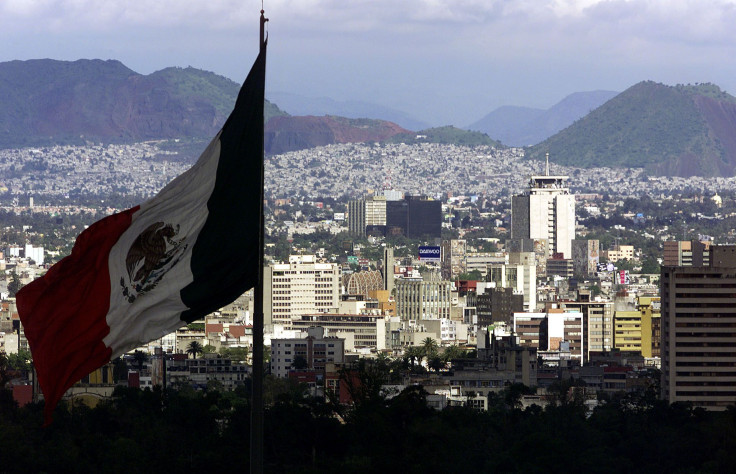How The Shutdown And Possible Default Affect Latin America: Trade And Growth In The Region Would Take Major Hit

As the United States holds its breath waiting for the resolution on the shutdown, so does Latin America. The fiscal crisis that began two weeks ago with the closing of the U.S. government and could culminate in a U.S. debt default in a few days could have disastrous consequences for the United States' southern neighbors, hurting the currency exchange rates and weakening the region’s growth.
The U.S., still Latin America’s largest trade partner and investor, must decide whether it will raise the debt ceiling, currently at $16.7 trillion, or suspend payments to bondholders. If that were to happen, possibly as soon as October 17, the world economy would suffer another blow, starting in Latin America and the Caribbean.
“The region is in a very complex situation due to the fiscal crisis and the shutdown,” Colombian financial analyst Juan Alberto Pineda told financial newspaper El Economista América. “The signals that are coming out [of Washington] do not look positive for Latin American exports, or an exchange rate that allows the region to compete in global trade.”
“I fear that Latin America, already flooded by the excess of American dollars with no support, will see a downgrade of its currencies,” he added, referring to the Federal Reserve's loose monetary policy, which has made dollars available at near-zero interest rates for years now.
This would not bode well for several Latin American currencies, which are among the most devalued this year relative to the dollar. The Venezuelan bolívar saw the third-biggest drop in the world and biggest in Latin America among currencies relative to the dollar, with a drop of 32 percent. Two Latin American economies with strong ties to the U.S., Argentina and Brazil, followed in second and third positions (18 percent and 17 percent devaluation, respectively.)
The GDP growth of the region could also be severely hurt. According to the International Monetary Fund, Latin America’s GDP is expected to grow 2.7 percent in 2013, the slowest rate in recent years. Managing director Christine Lagarde said last week that the U.S. should make decisions soon to face the short-term fiscal uncertainties.
“Latin America, which was growing at a faster pace than other regions in the world, is now facing an unsettling scenario,” said Fernando Gamboa, professor of economics at Universidad del Rosario, in Bogota.
Despite the grim scenario, analysts see a glimmer of hope regardless of what may happen in Washington. Both Gamboa and Pineda agreed that in the event of a drop in trade and exports towards the U.S., the European Union and China might be able to fill the void.
China is already Chile's the biggest trade partner, and Brazil and Mexico, the two biggest economies in the region, have already moved towards strengthening their relations with the Asian giant. Colombia has recently signed a Free Trade Agreement with the EU, and Ecuador has expressed its interest in following suit.
Nevertheless, the situation in Washington has Latin America on the edge of its seat. Mauricio Cárdenas, Colombia's Economy Minister, said to local newspaper El Espectador he was “astonished by the fiscal mess” in the U.S.
“The U.S. has always lectured Latin America on the importance of keeping public finances in order -- they should really show more stability in their policies,” he said.
“But I do think [the U.S.] will do the right thing,” he added. “As Winston Churchill said, the U.S. always does the right thing, but only after having exhausted all other alternatives.”
© Copyright IBTimes 2024. All rights reserved.











